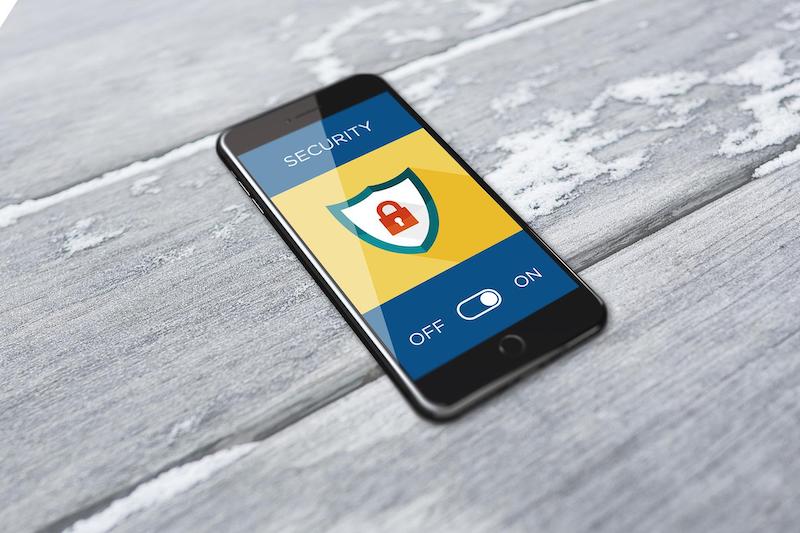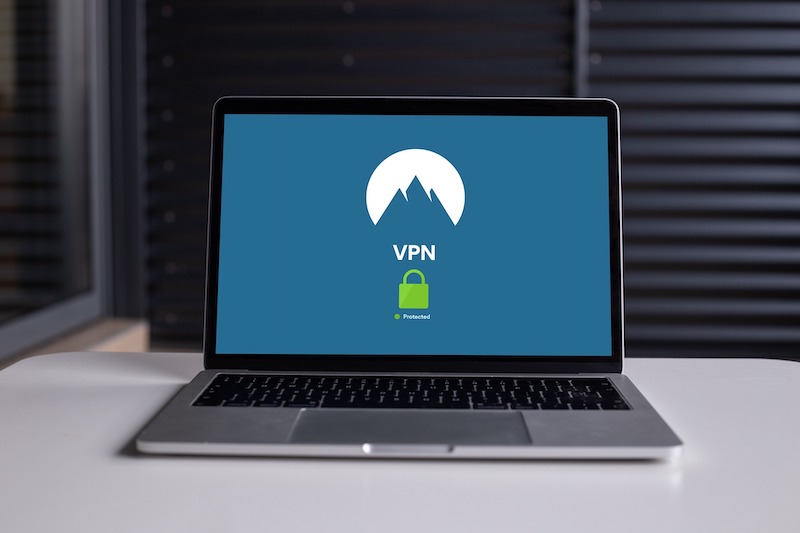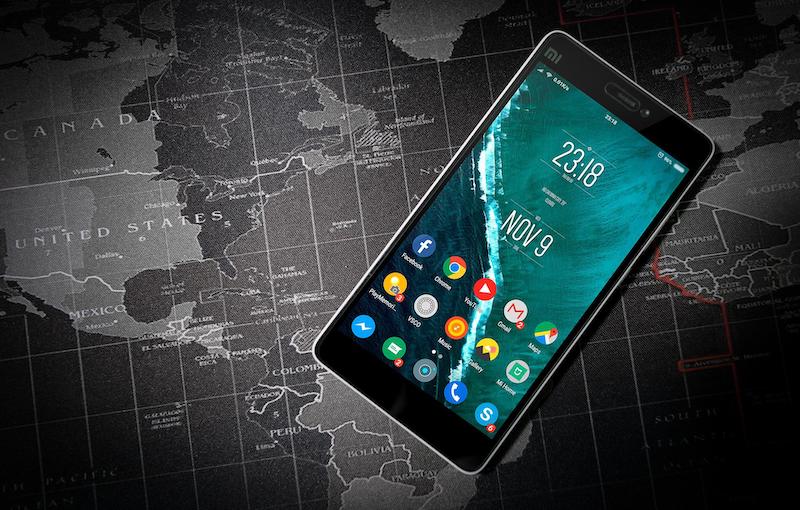
Experts in Digital Security Wish You Knew These Data Privacy Tips
Digital security is becoming a top priority for businesses yearly. Especially those who rely on apps for social networks, entertainment, and more.
Year by year, digital security is becoming a big concern. But, primarily, when we use apps on our iPhone or Android for exercising, social networking, and others, it is difficult to rely on them.
By using an application, you don’t know if it’s tracking you or not. Unfortunately, no security is unbeatable, especially in today’s digital world. An app with the correct security levels can protect you from trouble, but one that doesn’t can put you into serious trouble. Experienced Android app development services can guide you to design and maintain a secure app.
Well, let’s not waste any more time because, in this article, we will find out the most important data privacy tips you should follow.
8 Data privacy tips you need to follow

1. Use a password manager
Strong passwords usually involve random characters or those not in a consistent alphabetical order. If you set a password that doesn’t have a consistent alphabetical order, numbers in order, and symbols, it’s much less likely to be hacked than those with this.
In fact, according to a 2020 study, more than 80 percent of passwords with weak ratings would more likely get stolen than those with solid ratings. Nevertheless, we have to admit that complex passwords are harder to remember, but at the same time, you can consider using a password manager app.
Password manager apps save all of your passwords in a protected app. They can generate and recommend to you which kind of passwords to put in whenever you create an account. The password manager app can remember strong passwords without any difficulties. Even though you can save your passwords on browsers like Google Chrome, Microsoft Edge, and others, it’s best to do so on your password manager app.
Additionally, you want to avoid using the same password for all of your accounts or multiple ones. If one of your accounts gets hacked, it’ll happen to numerous of them. Even though it’s difficult to remember passwords, password manager apps can save all your passwords, so this won’t require much effort from your side. Here are some password manager apps we recommend you use:
- Keeper
- Zoho Vault
- Bitwarden
- LastPass
- 1Password
2. Use a VPN
Whenever your Wi-Fi is public, your best option is to use a VPN on mobile. A VPN protects your data from being spied on using a public network. Furthermore, it hides your data transmission, censorship on the web and allows you to access nearly all content globally.
VPNs will shield you from anyone accessing important data on your phone. Even when you are looking for a provider, it’s important you first identify they are trustworthy. You can find many VPN apps on both the App and play store, for example vpnwelt best vpn. Your best bet is to read reviews and see what users say about them.
Regardless of how many times you want to use a VPN, you should always seek if they are trustworthy or not. After all, your data should be a priority for you, so think about it twice.
3. Comply with DSARs
Data subject access requests (DSARs) represent the right to access personal data based on the concerns of an individual. If you are an organization or individual, you have the right to file a DSAR. DSARs aren’t anything new.
They have been used for long periods by governments and organizations. However, recent data privacy regulations have included several changes that have made it much easier for individuals to make any new requests.
Of course, if you are concerned about your data privacy, you can submit a DSAR. How do you do so? Well, based on the information we got from Osano’s article on DSARs, if you are an organization and are receiving DSARs from requesters, here is what they recommended you do:
- Verify the subject’s identity
- Clarify the request’s nature
- Review the data
- Collect and package the data
- Explain the subject’s rights
- Send requested data to the subject
4. Mind app permissions

A good tip by experts when accepting app permissions is to double-check what the app asks for. Moreover, you should initially ask yourself if what the app is asking for makes any sense or not. Some fake apps might ask you for permission you shouldn’t grant.
For example, you could be downloading a simple app that doesn’t need to require permission about your contact list but still does. Whenever you see these cases, it’s best to raise an eyebrow and not grant permission at any cost. These apps aren’t trusted sources and might only be trying to access your personal information.
Nevertheless, you should also pay special attention to how your phone will behave after granting permission to an app. For example, some apps will incorporate bloatware and ads on your phone. These ads can be dangerous when you click on them; the worst part is that you can click on them unintentionally.
Additionally, it may negatively impact your phone’s battery, or maybe the way your phone operates, and more.
5. Try limiting your social media exposure
Social media is one of the easiest ways to expose your personal information if you aren’t careful enough. Unfortunately, no matter how careful you are, you can always be in danger of privacy exposure.
Some companies create fake accounts to observe your information through a person’s likes, interests, places they live, companies they work at, religious beliefs, and much more.
Nevertheless, you can limit this information to external users. The more information you share with social media sites, the easier it is for them to advertise it. Try filling out the necessary information and stop information that isn’t necessary for you to share.
6. Learn more about the app or company asking for permission
While you can’t change how companies operate, a Google search can provide you with more valuable information. Many security experts claim that the best idea is to read more about apps on Google and see their reviews. The results will give you a better perspective of whether or not the companies and apps they use are legit.
This search will show whether companies have a history of data breaches or not and if they are good at it. However, sometimes Google may not have the answer, so you should always see the ratings an app will have on the app or play store, and let’s not forget the comments too!
Your best option is to avoid apps created by individuals or companies with a bad history.
7. Always update your software

Keeping your software up to date is something super important. Nevertheless, it’s critical to keep your data safe as well. Updates allow you to stay a step further from online attackers and any exploits they are making in the online world. Your best bet is to automatically update your devices because manually doing so can cause updates to prolong.
Online attackers are always looking for new ways they can steal your personal information, so you must let the software updates handle that. But, of course, how we counter online attacks needs to evolve too!
8. Don’t download apps from browsers
When using your mobile phone, it’s best to stick to the App or play store. This is because they have a good reputation and continuously scan if there are suspicious apps. The play store and app store might not have security for every app posted there, but it’s still much more trustworthy than downloading some applications from browsers.
Apps on the app and play store run through a test to ensure they meet standard quality requirements that include data protection and will require them to create dedicated privacy policies, which shows how they protect data.
Downloading apps from random sites will increase the risk of malware, spyware, ransomware, and even viruses that can damage your mobile phone. In the worst-case scenario, an online attacker can control your mobile device entirely.
That’s why it’s better to avoid browsers on your phone and see who produced the app and what kind of reviews it has. There’s no way that good apps with a trusted provider will have bad reviews.
Wrapping it all up
That’s about it for this article. These were all of our tips on how you can maximize data security. Most users worldwide are now browsing through their mobile phones and don’t know what they might encounter on the web. However, let’s not forget that online attacks are even more common than before.
Organizations and individuals need to take action to protect their personal information and be vigilant about where they are downloading their apps and what kind of permission they are granting to apps.
Main image by Biljana Jovanovic from Pixabay


